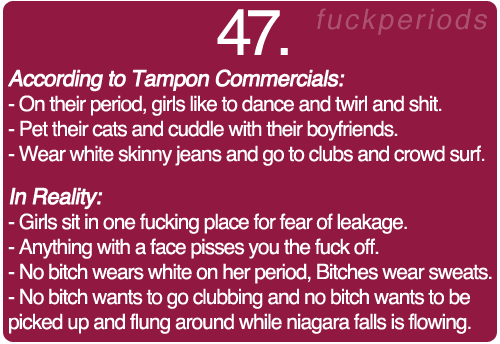The other day at a certain user-submitted news website, a new Northwestern student was asking for advice about “the party scene” at our school. He also inquires about the attractiveness of the “females” at our school (I think he means “women”), and several dudebros inform him not to get his hopes up. One writes, “No offense to the girls, but Northwestern is just not an attractive campus overall; guys and girls complain about it all the time.”
Lest you think this is just Reddit stupidity, it’s not. The alleged unattractiveness of Northwestern students is something that I’ve heard referenced many times. There’s even a related term: “Northwestern Goggles.” Urban Dictionary says that “Northwestern Goggles” is “when a female student from Northwestern University is considered “hot” only because most of her fellow students are ugly.” Dictionary db has a lengthy explanation of it too, except it references men rather than women. (Northwestern Goggles is, apparently, an equal-opportunity phenomenon.)
A student review of Northwestern at Vault.com states, “And if you’re looking for attractive male students, look elsewhere. Students develop “Northwestern Goggles” where people who, outside of NU, wouldn’t be considered dating material quickly become eligible and desirable bachelors or bachelorettes.” Campus media references the term, too. A few years back one of Daily’s sex columnists pondered this issue. And, of course, there’s a GIF.
I don’t believe the Myth of the Ugly NU Student. First of all, it just doesn’t jive with my experience at Northwestern and that of the friends that I’ve talked to. I know that’s circumstantial, but I think it’s still worthwhile to point out that some of us disagree. Some of us think that there are plenty of people at NU who look like they could be models. I can think of a number of qualities that are lacking on this campus–for instance, compassion–but attractiveness is not one of them.
Second, I’m somewhat disinclined to even consider the validity of this myth until someone designs a reliable, scientific measure of human attractiveness, applies it to representative populations of a number of universities, and shows me that Northwestern’s Attractiveness Quotient is lower than average.
And “I visited my friend at a state school once and the girls/guys there were so much hotter” does not count. That’s circumstantial evidence, and it’s also confirmation bias: we’ve all heard the Myth of the Ugly NU Student since we got here, so as soon as we get off campus we’re probably eager to try to find attractive specimens to validate our expectations.
Third, I’m not exactly sure what people hope to accomplish by constantly restating the Myth of the Ugly NU Student. While I’m not a huge believer in karma, I’m still pretty sure that it doesn’t exactly do wonders for your love life if you go around moaning about how ugly everyone at Northwestern is. And since most people do realize that beauty is subjective, “There are no hot girls/guys here” is really more a statement of “Look how Cool and Picky I am” than of any actual lack of beautiful people at Northwestern. Congratulations, you’re really Cool and Picky.
Ultimately, whether or not you find attractive members of your preferred gender(s) at Northwestern is entirely up to you. I think it’s pretty judgmental and shallow to dismiss our school with terms like “Northwestern Goggles.” If anything on this campus is ugly, it’s that.



